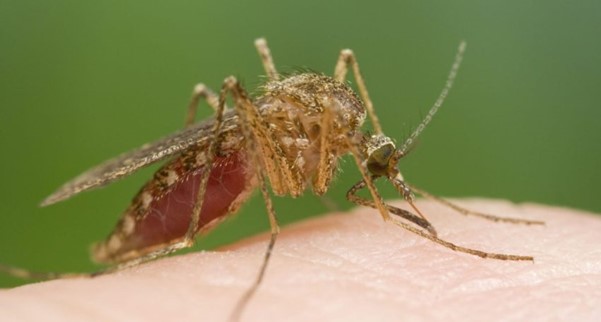
Murray Valley encephalitis has been detected in South Australian mosquitoes, prompting an urgent warning from SA Health.
The virus (MVEV) which has recently been detected interstate, has no vaccine or cure and has been detected in mosquito traps in every Riverland council, including the Berri Barmera, Mid Murray, Renmark Paringa, Loxton Waikerie, and Murray Bridge councils.
A statement released by SA Health said there have been no cases reported in humans, but that the findings indicate mosquitoes can carry the virus and “there is a very real risk for human disease”.
“The findings are consistent with other SA Health virus surveillance where positive MVEV serology tests have previously been reported in sentinel chicken flocks (Waikerie in 2020 and Meningie in 2020 and 2022)”.
“The last human case of MVEV reported in South Australia was in 2011.”
The Murray River flooding event impacting communities along the river has led to an increase in stagnant water with receding waters providing ideal breeding grounds for mosquitoes.
Other mosquito-bourne viruses being closely monitored by SA Health include Japanese encephalitis virus, West Nile virus (Kunjin variant), Ross River virus and Barmah Forrest virus.
While a vaccine is available for Japanese encephalitis for eligible people, Murray Valley encephalitis has no available vaccine or cure.
Symptoms of the virus may be minimal but can range from having confusion, headaches, neck stiffness, tremors or drowsiness while some may have seizures and develop meningitis or encephalitis. Occasionally the disease is fatal.
SA Health has also flagged very high detections of Ross River virus and Barmah Forrest virus in trapped mosquitoes making this mosquito season “of particular concern”.
Chief Public Health Officer, Professor Nicola Spurrier said the best protection available for people against Murray Valley encephalitis is to avoid being bitten.
“There has been a large increase of mosquito populations so far this season, making the need to protect ourselves even more important,” Spurrier saidBottom of Form.
“It is important South Australians remain vigilant and take simple steps to protect themselves against mosquito bites, including wearing long-sleeved, light-coloured clothing and applying an insect repellent.”
Immunisation Coalition Chairman Dr. Rod Pearce told ABC radio that people should take extra precautions when visiting the Riverland.
“The fact that we’re actually getting Murray Valley encephalitis detection here is just a confirmation that people need to be careful about mosquito bites whenever we travel up to the Riverland,” Pearce said.
Words: Jason Katsaras
Image: Mary Evans, Geoff du Feu/AAP



